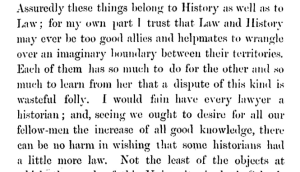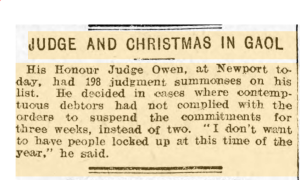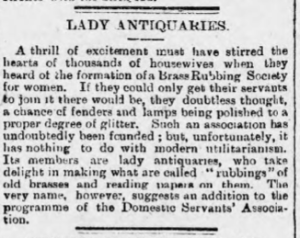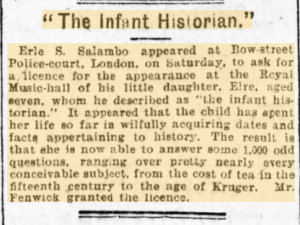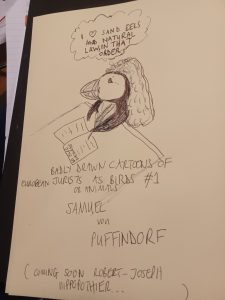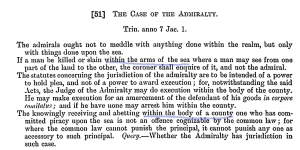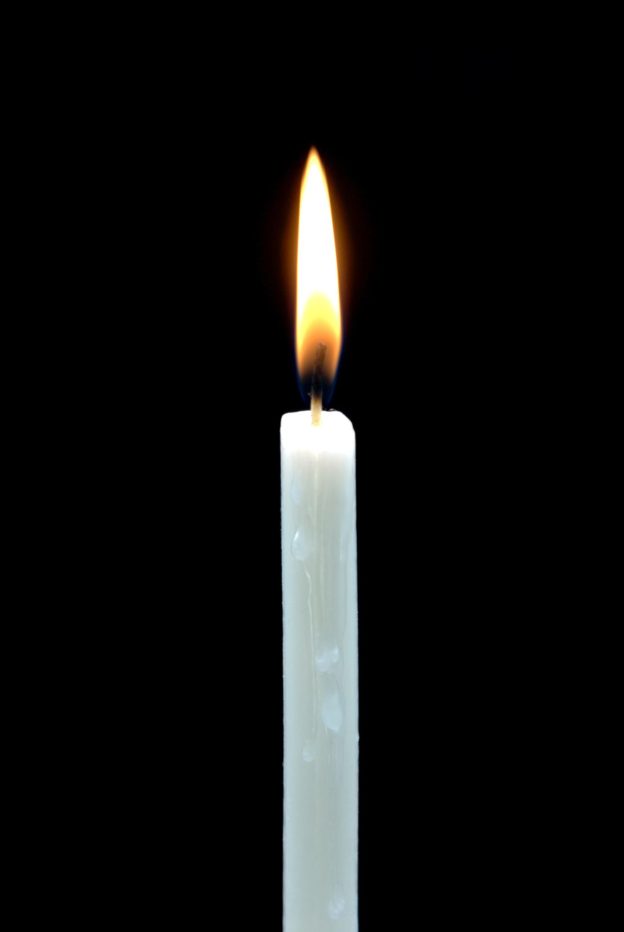As I sit next to two non-functioning radiators in a rather chilly office, and as we all face the possibility of interruptions to power supplies, I am drawn to some accounts from the life of Judge Owen on closely connected matters. (For more on this ‘character’ of the Welsh bench, see this post.
First, I note that newspapers in 1908 felt that it was worth reporting – under the deathless headline ‘Judge Owen Complains of a Cold Court’ – that – well – just that: he said, in Monmouth, that the court in which he was sitting was ‘as cold as an ice-house’.
Moving from a lack of heat to a lack of light, we have the even more thrilling, earlier tale, ‘Judge Owen and the Electric Light: candles stuck in cocoanuts’ (1895).[i] Again, you can work out the general idea from the headline. This time, the uncomfortable court was in Newport: Judge Owen was presiding over the County Court, in the Town Hall, on a ‘dull morning’ in December. Things were dim at 10.30 in the court. Owen’s first task was to read a judgment, but when he tried to turn on the light …. It did not work! Owen ‘declared that he must have light of some kind.’ No light was to be found, however, despite the scurrying of various court officials. again, without result. He left the bench [flouncingly?] and then Collins, the town hall keeper produced a solution of a sort – putting four candles [Two Ronnies resonances anyone?] around the bench, and the judge came back. He was not going to accept it all as a bit of an accident, though – no, he complained of the ‘want of courtesy’ on the part of the Corporation officials, who ‘knew it was County Court day’ but ‘did not take any steps to provide light for the court’. They did get as far as providing some oil lamps as well as penny candles in ‘cocoanuts’. The problem stemmed from the change-over from gas-lighting to electric lighting: it was explained that connections to the electricity main had not yet been made, and the transition was incomplete.
So, a pretty banal little story, but interesting that the papers found so much that this judge did eminently worthy of note, even so, and perhaps also some sign of the quality of facilities available to courts sitting in Wales in this period. I am getting the idea that the judge might have had a bit of a temper on him … sending everyone running around. Perhaps he was unconvinced that electric lighting was an improvement on gas. How quickly, or whether, Judge Owen simmered down is not made clear.
3/11/2022
[i] See also this report.
Photo by PhotographyCourse on Unsplash



